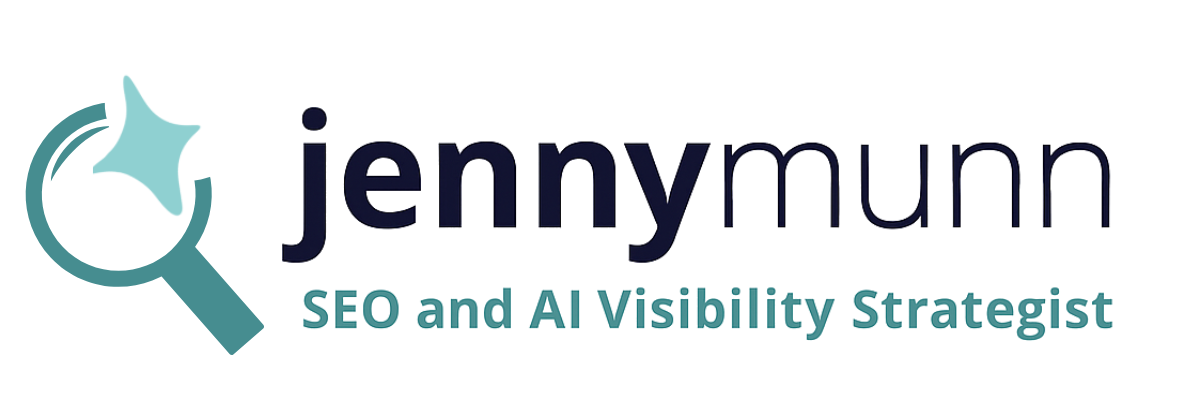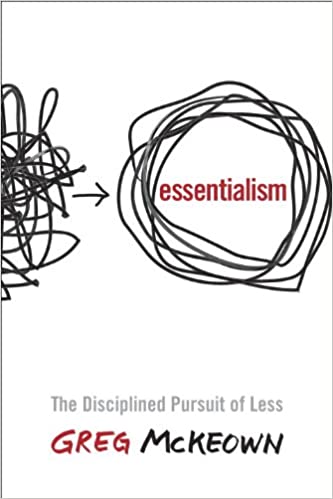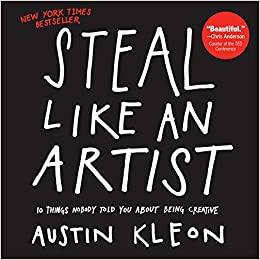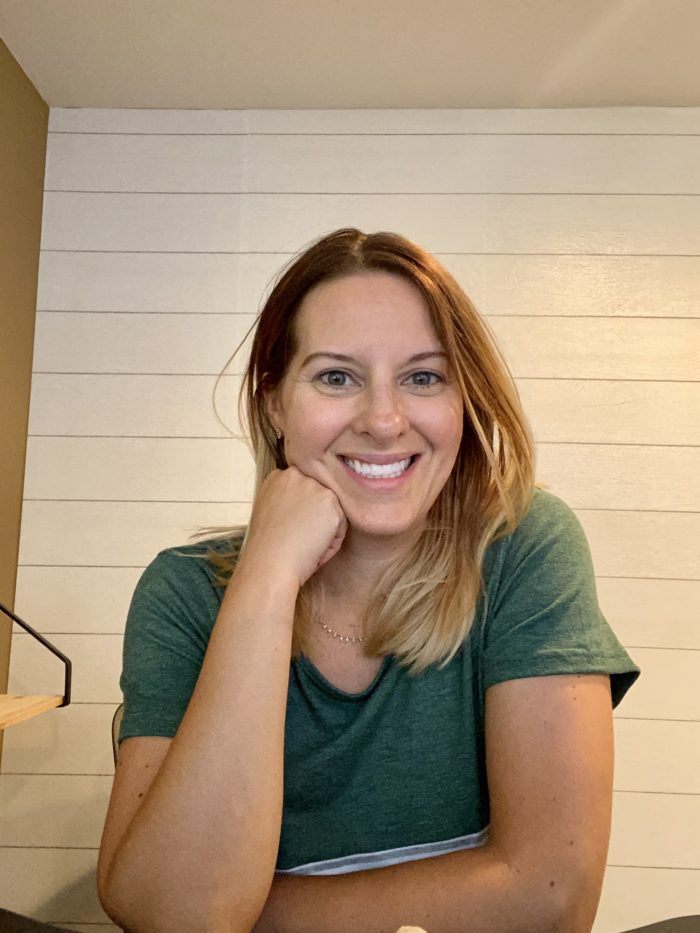
If you could rewind the past on your professional choices, what would you change? Would you get into what you’re doing now? Would you recommend it to others?
I recently pondered this question when I was approached by a recent college graduate, Madi, looking to break into digital marketing and wondering what direction to take.
She approached me on LinkedIn with a few questions. Of course, being a nerdy writer at heart, I couldn’t just answer them. I had to turn the answers into a 1900-word blog post. So here’s an interview, me interviewing myself, on what it’s like to be in SEO as an independent consultant.
How did I get into my line of work?
Digital marketing is a wonderful field. It requires collaboration, using both the creative and data-driven sides of your brain, and endless opportunities for learning and growth. And my favorite benefit of the industry: helping amazing companies and brands get their message and offerings out there in the world.
12 years ago, I got to where I am now by following my interests and passions and selectively choosing which ones to nurture and which to discard. Here’s what I’d say about my path:
- I thought I would ultimately become a professional blogger, but my research into making money as a blogger led me to discover copywriting, which was a much better fit. So I researched more, conducted informational interviews, read articles, found informal mentors, joined social media groups (and lots of free and low-cost freelance groups), and had coffee meetings. I made decisions, put myself out there, experimented and implemented, and did the work.
- Then I kept following the parts I loved. The pieces I loved led me from copywriting to SEO copywriting to SEO consulting and training.
- I lucked into meeting certain people who were key to my career. But I hate saying “lucked” because luck involved putting myself out there and being brave to try new things. I applied to speak at events, got accepted, and met many cool people who went on to open more doors for me. Speaking at events was one of the best things I have ever done for my career, even when I felt I had no business speaking and presenting. It became one of those self-fulfilling prophecy kinds of things.
What are the perks, especially working for yourself?
I’ve worked for myself since 2009. There are so many perks!
- First, owning my own business was something I always wanted to do. I have always wanted to own my own business and make my own choices. I first had that burning desire, and then I went to look for what specifically I could do working for myself from home. If someone doesn’t have this desire, I wouldn’t think it would work out too well—there are so many things to know to be profitable and successful in a sustainable way. Resilience and grit are non-negotiable.
- I get to choose clients I only absolutely love working with. I say “with” and not “for” because digital marketing and SEO require a collaborative partnership. If you don’t like your clients, it’s unnecessarily painful. Through hard work over the years, I have earned the right to take a stand on this choice, and it’s one I exercise frequently and defend vigorously. Working with clients I love makes working for myself incredibly fulfilling. I’m not saying there aren’t still challenging days and lots of tedious things to get through, but that is much fewer and further between than it used to be. However, as much as I love working for myself, my clients still pay the bills. If I’m not constantly delivering value, they’re going to move on. So I stay on my toes to ensure I’m continually delivering value.
- I get to choose what’s fulfilling. For me, leading a team is not fulfilling. I am a DOER. I love DOING the work, and I am happiest when I am lost in the nitty-gritty flow of SEO. I’ve restructured many, many times and played with lots of different models to get this right. I don’t know for sure whether I’m doing things “right,” but I am in a place where I’m doing the work I love every day. I’m profitable and balanced now because I did many things wrong first.
- Freeeedommmmmmm: Only after I hustled, and put in enough sweat equity, and started getting enough referrals and business to keep me busy consistently, did I feel like I had earned the right to create stronger boundaries. To stop working nights and weekends. To pick up my kids off the bus at 2:30 pm. However, even though I no longer work weekends except for rare occasions, I’m up by 5:15 am every day and at the computer by 5:30 am. And during busy seasons, like when I’m gearing up for a speaking event or launching my course, I will work weekend mornings.
What are the drawbacks?
- You must build up your skill as a profitable business owner. There are a couple of really rough mathematical figures you need to keep in mind. The first is this: 33% taxes, 33% expenses, 33% profit. Ouch. And here’s another fun one: 50% of your time is spent working ON the business (emails, sending proposals, networking, talking to prospects, going to networking events, etc.), and the other 50% of the time is working in the business. Meaning only 50% of your time will be billable. That is hard math when you want to have a successful career and a living wage. You have to be incredibly disciplined; you have to have a sense of urgency, you have to be good at what you do, and you have to deliver. When you are first learning your craft, it’s tough to learn the craft + start a business. I honestly knew nothing about building a business. I was trying to learn and do both simultaneously, and without my husband’s income, I wouldn’t have survived for long.
- No one tells you what to do. While one might think that is a perk, and it is, you constantly have to make decisions. Decisions mean you are consciously or unconsciously making tradeoffs. For example, I don’t get to network nearly as much as I’d like to. Taking time off work in the middle of the day meant I didn’t get my deliverables done or that proposal created. I was a mom when I started my business, and as my business grew my family grew. Which means I can’t work 8-5 or 9-5 straight through. And going to long networking events or lunches in the middle of the day? Aw that’s cute. Unfortunately, it’s really easy to become a workaholic. I had a business coach who would always reiterate to our coaching group: you don’t live to work; you need to have a life you love that you want to get to. You need outside hobbies and friends. For more on this and making tradeoffs, I recommend this book.
- You must build up your expertise, and you must build up your reputation. I hustled my a$$ off to get in front of prospects, referral partners, and colleagues to build up a reputation as a trustworthy referral partner. But, here’s a truth I had to learn: It’s not enough to be really good at what you do….to put your head down and simply do the work and expect business will roll in. When you own your own business, you need to promote who you are and what you do and be visible. You need to have case studies and proven results talk about what you do. If you have imposter syndrome or struggle with this as I did (and still do), I recommend this book.
Tips for Working in Digital Marketing:
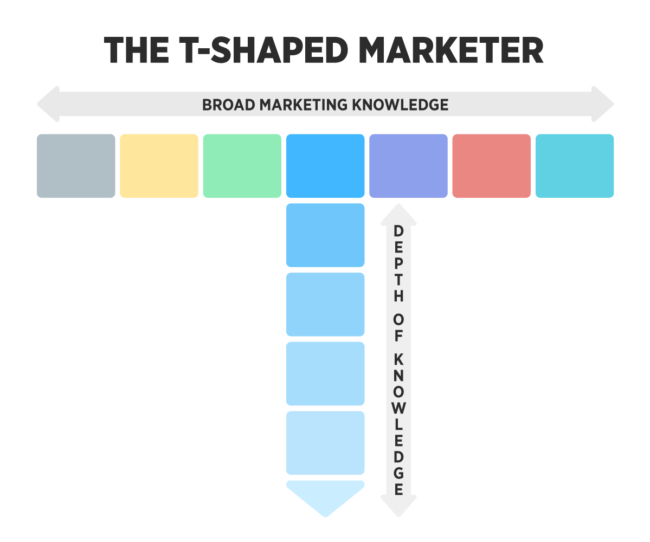
- Digital marketing as a field means dabbling in a lot. You have to know best practices, but certainty and confidence can only come from constantly implementing, experimenting, and iterating. You can read about strategy and tactics, but you’ll never really grasp the concepts unless you’re doing them. Just like playing tennis, you have to be on the court swinging the racket to get better. You don’t get good at tennis just watching it on TV.
- I love the concept of a T marketer. Here’s the idea: you have a “basic understanding of all the necessary parts of marketing (like SEO, funnels, social media, influencer campaigns, etc.),” but then you also have depth of knowledge in one particular area. If this idea makes you hesitate, another avenue to explore is specializing in an industry. Regardless, whether you work for yourself or have an employer, you want to work to become an irreplaceable asset with specific, desired knowledge.
- I honestly wouldn’t recommend starting in digital marketing while also starting your own business. Because when you’re just starting, you benefit from having people in very close proximity to you doing what you do, collaborating, brainstorming. I would focus on building my skill set, doing the work, and benefiting from surrounding yourself with colleagues, bosses, and mentors (all great future referral partners and clients if you do ever want to go out on your own). However, I can’t say I’d change what I did. I had just had a baby; I wanted the flexibility, and my desire to have my own business outweighed everything else.
Tips for Working in SEO
- SEO is a freaking beast. I feel I learned it really, really slowly, and then my knowledge gained traction and accelerated the last half of my career. I am 1000% there are sub-disciplines within digital marketing that aren’t as complex. However, this is what I love, and it’s why I keep doing it. SEO is rewarding, and it’s fun doing something a little different.
- After 10 years of being head-down working in this field as a specialist, I do think I’ve earned the right to say that I’m pretty good at SEO. However, I still face SEO obstacles and challenges every day. This is why I roll my eyes when people call themselves “SEO experts.” Because SEO is a discipline that changes WAY too fast to call yourself an expert. How can you be an expert on something that continues to change? At the same time, I also get that we digital marketing pros need to stake our flags in the ground. Because of course clients want to hire “experts.” Why wouldn’t they? Especially those clients who wish to hire the best of the best. They don’t not want to hire an expert. So that’s a delicate balance.
- What I love and loathe about SEO. When you do SEO, you’re constantly having to figure things out and solve riddles. Many of which are maddening. Why is what’s happening happening, how do I make it better, how do I beat this competitor, how do I make this thing better? There aren’t many concrete rules, and there is no definitive right, wrong, or black and white decision. You do your best by understanding best practices, brainstorming with colleagues, and constantly implementing, iterating, and analyzing data. This just takes years of experience, and there are unfortunately not many shortcuts.
Digital marketing is humbling, fun, and one I would go back and choose again and again if given a choice.
SEO |